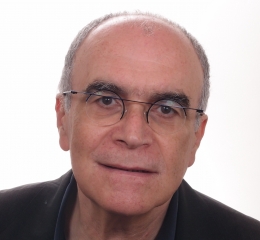Tackling climate change can generate economic development
By implementing local technologies, Australia could become a world leader in climate change, says Scientia Professor Mat Santamouris, who will present the next instalment of the Utzon Lecture Series at UNSW.



